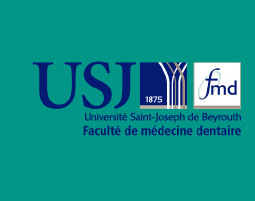International Arab Journal of Dentistry
Abstract
Current trends in modern biomedical research target the development of dental implant surfaces that are more biocompatible, and highly osteoconductive/ osteoinductive to achieve faster osseointegration and stronger bone-to-implant interface, especially under poor local and systemic clinical conditions. Heat treatment has been suggested to alter surface characteristics and result in improved biological response. The objectives of the present in vitro study are to evaluate the impact of a novel heat treatment method of rough titanium implants on cell viability, cell proliferation, and alkaline phosphatase activity. Six groups of grade 4 commercially pure titanium (Ti) discs measuring 6 mm in diameter and 2 mm in thickness were obtained. Surface roughness was evaluated quantitatively and qualitatively using stylus type surface profilometer and scanning electron microscopy. Human osteosarcoma cells (SaOS-2) were seeded on all discs and cell concentration in suspension, count of viable cells and alkaline phosphatase activity (ALP) were evaluated at 3, 5 and 7 days. Multiple t-tests were used to compare the cellular parameters among pairs of groups at p<0.05. Surface roughness was the lowest in the sandblasted groups followed by the sandblasted/ fluoridric acid-treated and finally by the sandblasted/ CNRSacid treated samples. Overall, all groups showed similar levels of cell proliferation, cell count, and ALP activity with only minor non-specific significant differences. The rapid screening of the investigated Titanium surfaces confirmed their biocompatibility and warrant further testing of the proprietary acid and heattreated surfaces SA2T under in vivo conditions.
Recommended Citation
DOUWEIHY, Rahil; CHAKAR, Carole; HILAL, Georges; and AL MAJZOUB, Zeina
(2019)
"Effect of a novel thermal treatment on rough titanium implant surfaces – "In vitro" evaluation,"
International Arab Journal of Dentistry: Vol. 10:
Iss.
2, Article 1.
Available at:
https://digitalcommons.aaru.edu.jo/iajd/vol10/iss2/1


